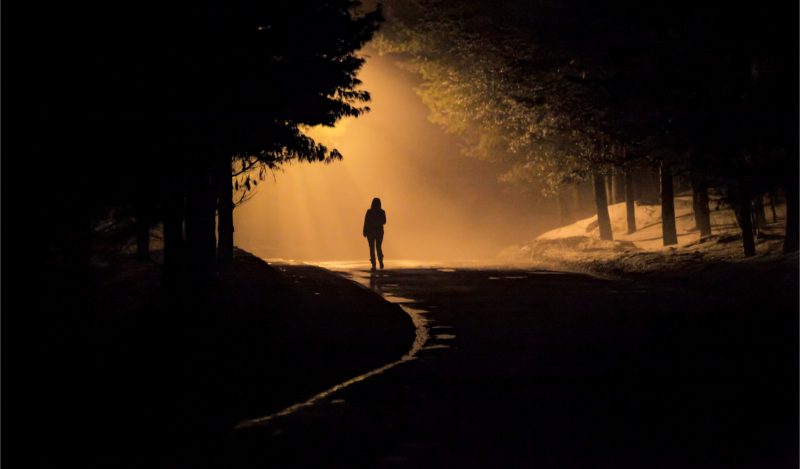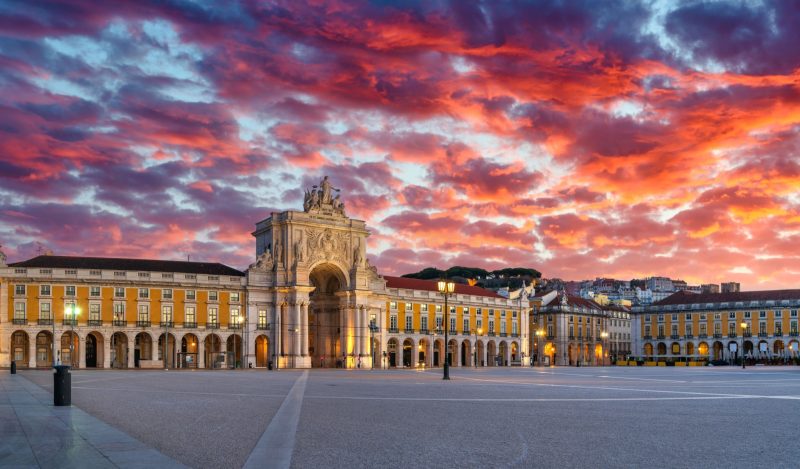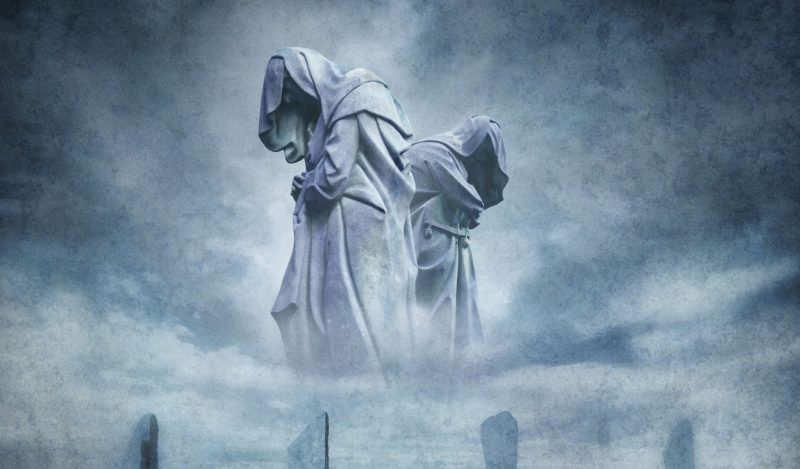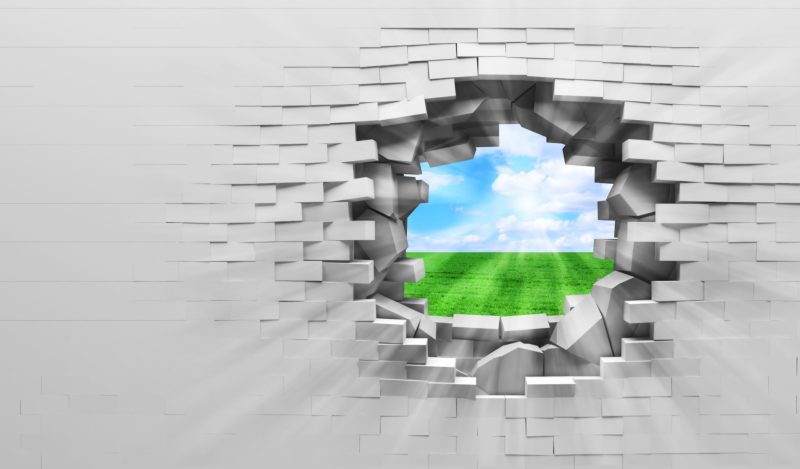As an optimist, I believe the world is generally improving, though it is not always easy to see how. The past two years certainly have shaken that optimism. Liberalism appears to be on the retreat: governments worldwide have adopted distinctly anti-liberal attitudes and policies to combat the Covid-19 pandemic. The words “protests” and “terrorism” have become synonymous in the halls of Congress and the Canadian Parliament, with the Canadian government even going so far as to seize assets of nonviolent protestors.
The values and ideals for which many have fought and died are being killed off in committees or decried as outdated ideas. Liberalism is decried as bourgeois by the Left. The Right sees liberalism as too weak to combat formidable adversaries like Russia and China. We liberals are on the defensive, that’s for sure.
There have been bright spots, however. Shortly after declaring a state of emergency, Canadian Prime Minister Justin Trudeau was forced to retreat from his position and ended the State. The US Supreme Court has repeatedly struck down various overreaching measures by the Biden administration. The current anti-liberal elites (and by “elites” I mean those who fancy themselves opinion-makers, such as politicians, celebrities, and intelligentsia regardless of political affiliation) see these items as, at best, temporary setbacks; they are the death throes of an obsolete ideology and nothing more.
The anti-liberal elites believe they have all the power. History and Science are on their side. They and they alone are the arbiters of Right and Wrong. Their positions as politicians, professors, priests, and performers grant them the insight needed to direct society. Liberalism was all well and good in the 18th and 19th centuries. Still, Science has advanced to such a level that liberalism is no longer needed. Liberalism will soon be ground beneath the wheel of time. It is destiny, after all.
The idea of destiny helps people believe there is an order to life. And there is order. But it is not the directed order of a cabal of Big Thinkers nor the machinations of supernatural beings. Instead, it is the emergent order of billions and billions of people. People working together. People responding to challenges. People acting on values and virtues. This emergent order often differs from the elites’ plans, requiring them to rely more and more on punishment to get their way.
Punishment, however, is not an effective way to operate a society. In the 1977 science fiction classic Star Wars: A New Hope, the heroine, and leader of a band of rebels, Princess Leia, is captured and brought before the evil Governor Tarkin aboard his planet-destroying battle station. After Tarkin brags about its destructive power, Leia quips: “The more you tighten your grip, Tarkin, the more star systems will slip through your fingers.” Her predictions are borne out: after unleashing the Death Star’s destructive power, the Rebels’ ranks swell, and the evil Empire is ultimately overthrown.
Some liberals believe we are at a Tarkinian moment right now. The elites have overplayed their hands. They act as though they have the power, but their actions indicate they fear they are losing it. People will go along with restrictions for only so long, especially when those restrictions severely reduce their ability to live a good life. As the Powers That Be continue to tighten their grip, more folks will resist.
I, however, do not believe we are at a Tarkinian moment quite yet. We are approaching it, yes, but what we are seeing is something temporarily prior but much more important: a Leia moment. In the same Star Wars story (but different movie), the Rebel Alliance is a loosely connected band of dissenters. There’s little real leadership. Despite a resolve, no one knows how to fight the Empire, which has massive resources at its command.
When it is discovered that the Empire is building the Death Star, all hope is lost, and talks begin among the nominal Rebel leadership of surrender. But a group of Rebel spies infiltrate an Imperial base and steal the plans for the Death Star to discover and exploit a weakness. The spies transmit the plans to Leia, whose face illuminates with happiness at their success. When her officer asks her what the transmission they received is, she responds with just one word: “Hope.”
Without hope, no movement can succeed. Through much of the past two years, liberals had little reason to hope. But now, we do. More and more folks are willing to listen to us again. Anti-liberalism remains a threat, but it is beginning to retreat worldwide.
To be sure, while we have hope, we do not have victory yet. Before the final victory was achieved, the Rebel Alliance would have to fight for five more long and bloody years, suffering significant setbacks. So, too, do we liberals continue to face threats.
We must remain optimists. Liberalism has faced such existential crises before. Many of those who believed that History is theirs to control, who believed their cause was inevitable, now lie in the ash heap of history. We mustn’t rest on our laurels, but we can take hope in the fact that liberalism is a hardy weed, not a delicate flower.
Published under a Creative Commons Attribution 4.0 International License
For reprints, please set the canonical link back to the original Brownstone Institute Article and Author.









